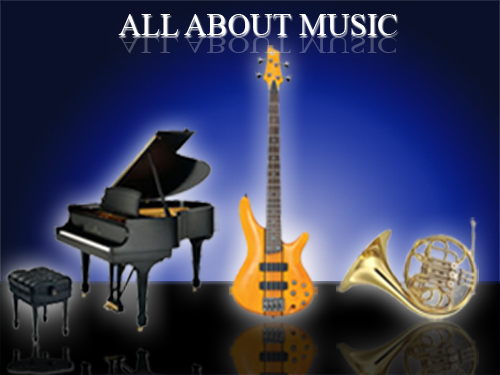History Of Opera
Page 1 of 1
 History Of Opera
History Of Opera
The word opera means "work" in Italian suggesting that it combines the arts of solo and choral singing, acting and dancing in a staged spectacle. Dafne by Jacopo Peri was the earliest composition considered opera composed in 1597, largely under the inspiration of an elite circle of literate Florentine humanists who gathered as the "Camerata de' Bardi". Significantly, Dafne was an attempt to revive the classical Greek drama, part of the wider revival of antiquity characteristic of the Renaissance. The honor of being the first opera still to be regularly performed, however, goes to Claudio Monteverdi's L'Orfeo, composed for the court of Mantua in 1607.
Opera did not remain confined to court audiences for long; in 1637 the idea of a "season" of publicly-attended operas supported by ticket sales emerged in Venice. Monteverdi had moved to the city from Mantua and composed his last operas, Il ritorno d'Ulisse in patria and L'incoronazione di Poppea, for the Venetian theatre in the 1640s. His most important follower Francesco Cavalli helped spread opera throughout Italy. In these early Baroque operas, broad comedy was blended with tragic elements in a mix that jarred some educated sensibilities, sparking the first of opera's many reform movements, sponsored by Venice's Arcadian Academy which came to be associated with the poet Metastasio, whose libretti helped crystallize the genre of opera seria, which became the leading form of Italian opera until the end of the 18th century. Once the Metastasian ideal had been firmly established, comedy in Baroque-era opera was reserved for what came to be called opera buffa.
Before such elements were forced out of opera seria, many libretti had featured a separately unfolding comic plot as sort of an "opera-within-an-opera." One reason for this was an attempt to attract members of the growing merchant class, newly wealthy, but still less cultured than the nobility, to the public opera houses. They became so popular, however, that they were soon being offered as separate productions.
Opera was elevated in tone usually with arias. These afforded great opportunity for virtuosic singing and during the golden age of opera the singer really became the star. The role of the hero was usually written for the castrato voice. Italian opera set the Baroque standard. Italian libretti were the norm, even when a German composer like Handel found himself writing for London audiences. Italian libretti remained dominant in the classical period as well, for example in the operas of Mozart, who wrote in Vienna near the century's close. Leading Italian-born composers of opera seria include Alessandro Scarlatti and Vivaldi.
Opera did not remain confined to court audiences for long; in 1637 the idea of a "season" of publicly-attended operas supported by ticket sales emerged in Venice. Monteverdi had moved to the city from Mantua and composed his last operas, Il ritorno d'Ulisse in patria and L'incoronazione di Poppea, for the Venetian theatre in the 1640s. His most important follower Francesco Cavalli helped spread opera throughout Italy. In these early Baroque operas, broad comedy was blended with tragic elements in a mix that jarred some educated sensibilities, sparking the first of opera's many reform movements, sponsored by Venice's Arcadian Academy which came to be associated with the poet Metastasio, whose libretti helped crystallize the genre of opera seria, which became the leading form of Italian opera until the end of the 18th century. Once the Metastasian ideal had been firmly established, comedy in Baroque-era opera was reserved for what came to be called opera buffa.
Before such elements were forced out of opera seria, many libretti had featured a separately unfolding comic plot as sort of an "opera-within-an-opera." One reason for this was an attempt to attract members of the growing merchant class, newly wealthy, but still less cultured than the nobility, to the public opera houses. They became so popular, however, that they were soon being offered as separate productions.
Opera was elevated in tone usually with arias. These afforded great opportunity for virtuosic singing and during the golden age of opera the singer really became the star. The role of the hero was usually written for the castrato voice. Italian opera set the Baroque standard. Italian libretti were the norm, even when a German composer like Handel found himself writing for London audiences. Italian libretti remained dominant in the classical period as well, for example in the operas of Mozart, who wrote in Vienna near the century's close. Leading Italian-born composers of opera seria include Alessandro Scarlatti and Vivaldi.
 Similar topics
Similar topics» History Of Bass
» History Of The Piano
» Il Divo Makes History
» Lost Shostakovich Opera Being Performed
» Antonio Vivaldi's Long-Lost Opera
» History Of The Piano
» Il Divo Makes History
» Lost Shostakovich Opera Being Performed
» Antonio Vivaldi's Long-Lost Opera
Page 1 of 1
Permissions in this forum:
You cannot reply to topics in this forum|
|
|




